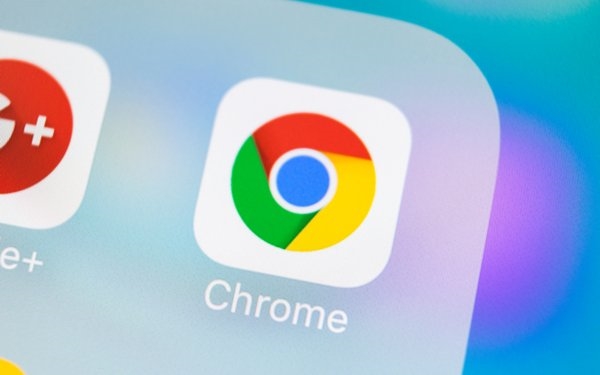Google To Phase Out Third-Party Cookies Within Two Years
Google To Phase Out Third-Party Cookies Within Two Years

Google announced Tuesday that it plans to phase out support for third-party cookies in Chrome within the next two years.
The cookies, which are used to track consumers from website to website across the web, have outlived their lifecycle. The aggressive timeline will have a domino effect with other companies in the advertising industry scrambling to comply with the inevitable change.
“Users are demanding greater privacy–including transparency, choice and control over how their data is used–and it’s clear the web ecosystem needs to evolve to meet these increasing demands,” wrote Justin Schuh, director of Chrome Engineering at Google, in a post. “Some browsers have reacted to these concerns by blocking third-party cookies, but we believe this has unintended consequences that can negatively impact both users and the web ecosystem.”
Beginning in February, the Chrome browser will limit insecure cross-site tracking, starting by treating cookies that do not include a SameSite label as first-party only and require cookies labeled for third-party use to be accessed over HTTPS.
“If Google can provide a targeting and attribution solution the industry adopts because it meets the needs of both advertisers and users they may be able to get other browsers to ease off of their current stance on targeting,” said Kurt Donnell, Freestar president.
Google is also working to detect and mitigate covert tracking and workarounds by launching new anti-fingerprinting measures to discourage these types of deceptive actions. Those searching on engines or visiting websites through its browser will have increased security.
Google in August 2019 announced an initiative called Privacy Sandbox, a secure environment for personalization that also protects user privacy. The approach is intended to ensure that ads remain relevant for users who are willing to share their data with websites and advertisers.
The standards anonymize aggregate user data and keep more of it on the device, rather than storing it in the cloud.
Schuh said Google is working with publishers, developers, and advertisers to test and experiment with the technology in a variety of situations to develop supporting implementations such as ad selection and measurement, denial of service (DoS) prevention, anti-spam and fraud, and federated authentication.
“We’ll also continue our work to make current web technologies more secure and private,” Schuh said.
(52)


